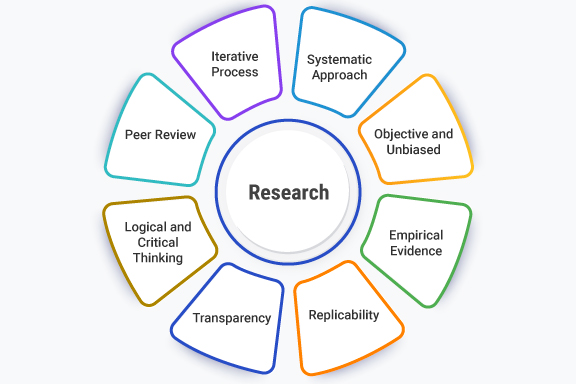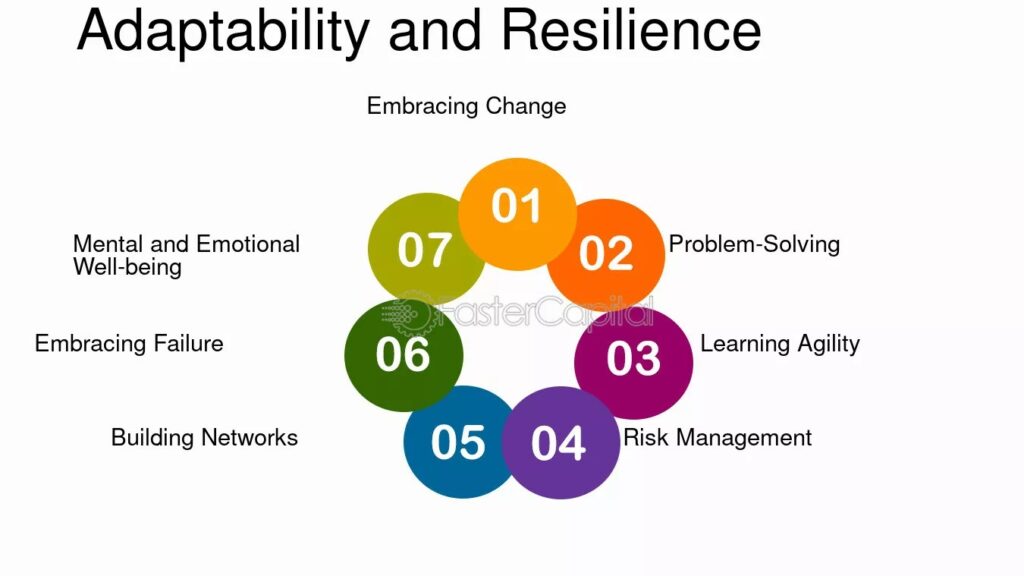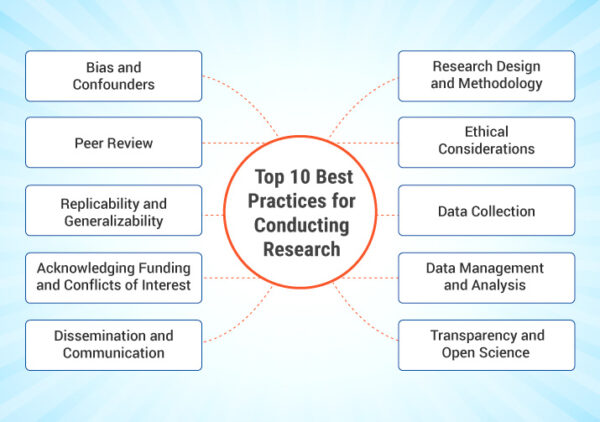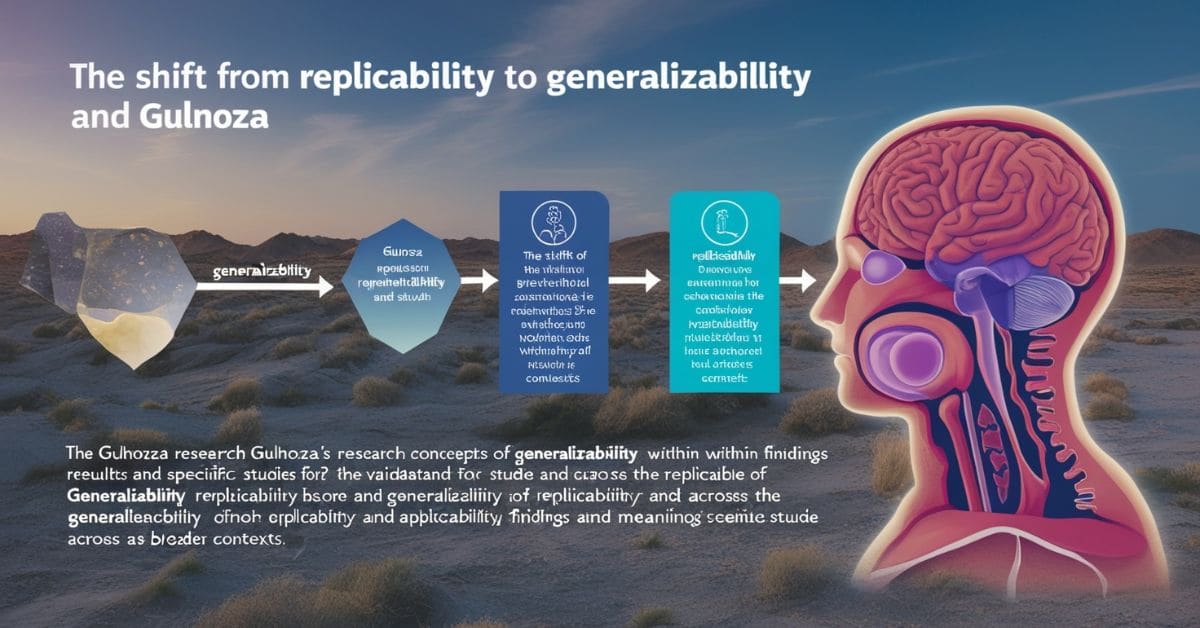from replicability to generalizability and gulnoza – Key Insights You Need to Know”!
Gulnoza’s journey reflects the shift from replicability to generalizability, adapting proven techniques to diverse settings. Her experience shows how resilience and adaptability are key in both personal growth and research.
“From replicability to generalizability and Gulnoza” highlights how consistent results can be adapted for broader use. Gulnoza’s journey demonstrates the importance of applying research to diverse contexts, ensuring relevance and impact.
we’ll explore the journey from replicability to generalizability and how these concepts shape research. We’ll also highlight the inspiring story of Gulnoza, showcasing adaptability and resilience. Join us as we connect scientific principles with real-world impact.
Defining Replicability and Generalizability – earn How These Concepts Shape Reliable Research!

What is Replicability in Research?
Replicability refers to the ability of a research study or experiment to be repeated by other scientists using the same methods and conditions, and to obtain similar results. It is an essential aspect of the scientific method because it ensures that findings are not just one-time flukes but are reliable and reproducible.
- Why Replicability Matters: Replication helps validate research findings and strengthens the overall credibility of scientific work. For example, if a psychological experiment’s results can be consistently repeated, the study’s conclusions become more trustworthy.
What is Generalizability in Research?
Generalizability refers to the extent to which research findings from a study can be applied to broader populations, settings, or conditions outside of the specific sample used. Thus, generalizability plays a crucial role in translating results from controlled experiments into real-world solutions.
- Why Generalizability Matters: When results are generalizable, they don’t just have validity within the isolated environment of a particular research study but also represent results that are applicable to various contexts, whether those involve different cultures, geographies, or societal environments.
Key Differences Between Replicability and Generalizability
Generalizability ensures that findings are real-world applicable. While it is true that replicability ensures that the findings made would be consistent and reliable, replicability differs in purpose from generalizability in building up the scientific value of the study.
- Replicability = Trust and consistency in research findings.
- Generalizability = Application of research findings in broader, real-world contexts.
Read: Cute:Ardt7e-Pu3w= Christmas – Create Unforgettable Holiday Memories!
The Role of Replicability and Generalizability in Advancing Knowledge – Discover How These Concepts!
Why Replicability is Key to Trustworthy Science
For any research study to contribute meaningfully to the scientific community, its findings must be reproducible. Without replicability, researchers and society at large cannot have confidence in the conclusions drawn from the study.
- Some examples of replicability in action are the Milgram Experiment on obedience, which is one of the most cited examples of replicability. When other researchers tried conducting similar experiments, they obtained consistent results, so reinforcing the reliability of Milgram’s original conclusions about authority and human behavio
How Generalizability Transforms Research into Real-World Solutions
Once research findings have been replicated, the next crucial step is ensuring that they apply beyond the lab. Generalizability allows research to extend its impact, turning theory into practical solutions for problems such as public health issues, technological innovations, and policy formation.
- Examples of Generalizability: Medical research, for example, often starts with small clinical trials and, through generalizability, moves to larger population studies and global applications. For instance, a cancer treatment trial that works in one controlled group must be generalized to a larger, diverse population to be truly effective.
The Interplay Between Replicability and Generalizability
Replicability and generalizability work hand in hand. Without replicable findings, generalizing a study becomes impossible, as there is no firm foundation of trustworthiness. Conversely, without generalizability, even perfectly replicable research has limited utility in improving real-world outcomes.
- Bringing Them Together: Think of replicability as ensuring a car’s engine runs smoothly every time it’s turned on. Generalizability is ensuring that the car runs well in different terrains and climates—both are necessary for the car to be useful beyond a test lab.
The Story of Gulnoza – A Symbol of Adaptability and Resilience!

Who is Gulnoza?
Gulnoza, a name derived from Persian and Turkish cultures meaning “shy rose,” is a metaphor for resilience, adaptability, and beauty in the face of challenges. The story of Gulnoza Matniyazova, a prominent athlete, and Dr. Gulnoza Yakubova, an expert in technology and education, serves as an example of how adaptability plays a pivotal role in achieving success, much like in research.
- Lessons from Gulnoza: Gulnoza’s journey, whether on the judo mat or in academic and professional spheres, demonstrates that resilience—being able to adapt and thrive in changing conditions—is crucial to success. These traits can easily be applied to scientific research, where flexibility in applying results can lead to widespread success.
Adaptability in Research: A Reflection of Gulnoza’s Story
Much like Gulnoza’s determination to succeed in the judo world despite numerous challenges, researchers must be adaptable. They need to test their results in various settings, iterate their methods, and adjust their conclusions to ensure that they are applicable across diverse populations and scenarios.
Case Study – Applying Replicability and Generalizability in Action
Healthcare: Making Treatments Effective for All
A prime example of replicability and generalizability in action is in medical research. For instance, a study on a new cancer drug may yield positive results in a controlled lab environment. To become valuable in the real world, the treatment must be replicated across multiple studies and generalized to work for diverse populations, such as different ethnic groups or age ranges.
- Challenge and Solution: Researchers must balance rigorous testing with flexibility to ensure that results apply universally. A study that works in one demographic may fail in another, so adapting research protocols becomes essential.
Technology: From Test Labs to Global Impact
In the field of technology, especially with educational tools like those developed by Dr. Gulnoza Yakubova, replicability is key to creating devices and software that work across different environments. However, generalizability is equally important to ensure these solutions address the needs of diverse student populations, in various countries and cultures.
- Example: A technology designed to aid students with autism must be tested in various schools, with different teaching methods, to ensure it can be generalized and widely implemented.
Athletics: Gulnoza Matniyazova’s Journey in Judo
Just as Gulnoza Matniyazova applied tested judo techniques in multiple international tournaments, researchers apply well-established methods in varying scenarios. These techniques, when successfully generalized, offer powerful insights into how athletes from various backgrounds can excel in the sport.
- Real-World Application: This balance between replication and generalizability allows athletes to use proven techniques while adjusting to the conditions of different competitions.
Read: Fbg Duck Height – Everything You Need To Know!
Practical Tips for Researchers to Enhance Replicability and Generalizability

Designing Research for Replication
To enhance replicability, researchers should provide clear, transparent methodologies and data-sharing practices. This allows other scientists to reproduce the study and test its findings.
- Tip: Publish detailed methods and raw data alongside study results to ensure that others can attempt replication.
Planning for Real-World Application
When designing studies, researchers should anticipate how their findings will apply in various settings. Consider diverse populations, different geographical regions, and changing conditions when planning a study.
- Tip: Use a diverse sample group in the initial phase to improve the potential for generalizability.
Read: Arfraier Q Faz De Tdo – Healthy Cooking Made Easy!
FAQs
What is the difference between replicability and generalizability in research?
Replicability ensures research findings can be consistently repeated, while generalizability ensures those findings are applicable to wider populations and different settings.
Why is replicability important in scientific research?
Replicability allows researchers to verify results, ensuring that the findings are not just a coincidence but a reliable observation.
How can generalizability improve research?
By ensuring that research applies to various contexts, generalizability makes findings more useful and impactful in real-world situations.
What lessons can be learned from Gulnoza’s story in research?
Gulnoza’s resilience in overcoming challenges mirrors the adaptability required by researchers to apply their findings in diverse real-world scenarios.
How do I ensure my research is both replicable and generalizable?
Make sure your methodology is transparent, your sample is diverse, and you test your findings across multiple contexts to enhance both replicability and generalizability.
Conclusion
In conclusion, replicability and generalizability are the strong pillars that support scientific integrity. These concepts ensure that research not only withstands scrutiny but also brings in real-world solutions. From Gulnoza’s story, we can understand how, as researchers, they not only have to strive for consistency in their work but must also be adaptable enough to apply their findings in various contexts.
For future science, it is from these confluences of reliable method with flexible application that new modes for change will be unlocked.
Read:







